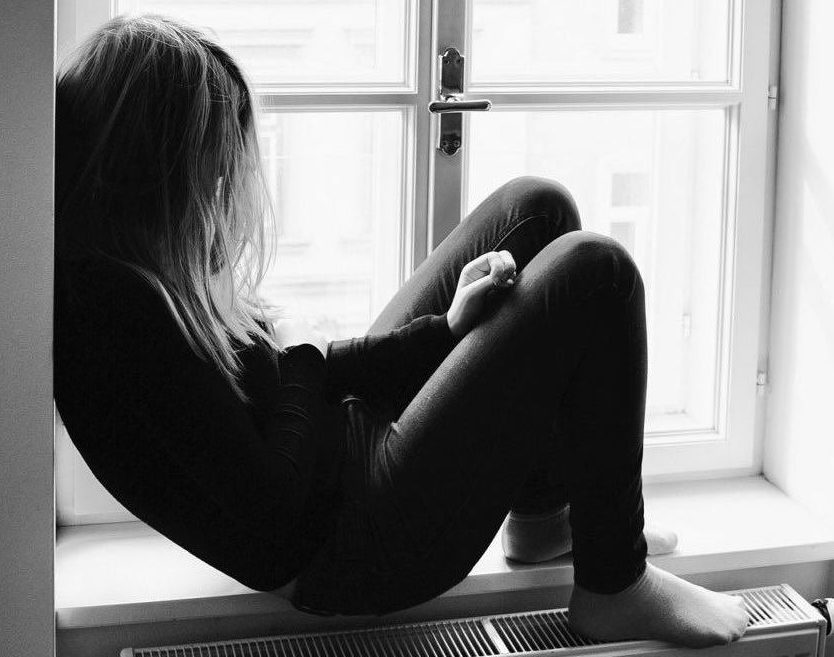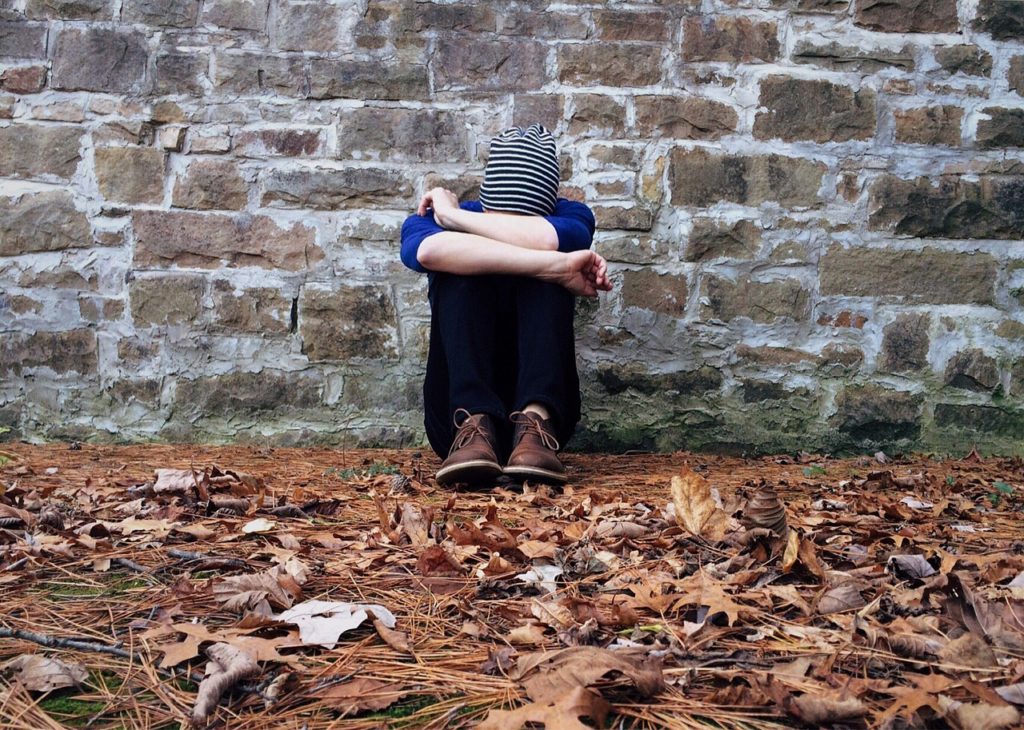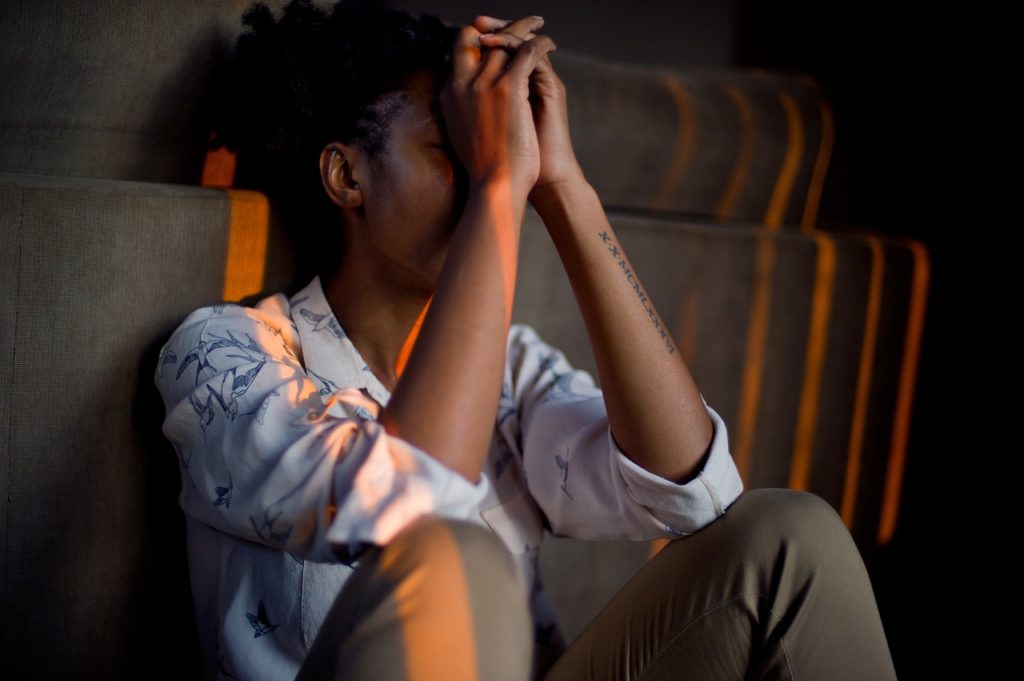“Hey, how was your day?” You ask your teen enthusiastically. “Mmh” is the reply, as he or she retreats into that enigmatic cavern of the unknown: the teenager’s bedroom. What’s going on in there? Is he managing an underground weed plantation? Is she running an unhygienic tattoo parlour? What’s behind those sullen glares?
The Moody Teen
The moody teen is a stereotype to which your child may or may not conform. And even if the above scenario is familiar, it’s unlikely your offspring are plotting much more than how to reduce their daily parental embarrassment quota. In some instances though, there could be more to the moodiness than natural hormonal changes. An estimated one million Thai teenagers suffer depression and at least two million more are at risk, according to the Mental Health Department. Those are worrying figures for a national population of 8 million teens. But what exactly is depression and how can you identify it?
There is no simple litmus test to separate clinical depression from the down days we all feel. Chances are, even the sufferer themselves won’t be able to identify one specific problem. As one young person in Thailand described it: “I didn’t even understand why. It was so painful all the time. And the worst part is that the pain was unapproachable. Where could be nothing wrong at all, but I can still managed to feel down. It was quite annoying.”

What is Depression?
There’s probably a reason so many sufferers of depression are great artists. My hunch is that art is the medium that gets closest to explaining the inexplicable. Have you tasted durian? Whether you love it or hate it, imagine trying to explain its taste to someone who has never tried it. How could words ever replicate that genuinely awful experience (in my opinion) for someone else? Depression is similar: foul, indescribable, and clings to you no matter how many times you brush your teeth. It is a chimera of a condition which takes various guises in different people. Some scientists even think depression is not a single illness. There are numerous forms including major depressive disorder, persistent depressive disorder and bipolar disorder. Depression can show up alongside other psychological difficulties such as obsessive compulsive disorders and eating disorders., and over half of all clinically depressed people also suffer from anxiety.
First let’s clarify something, the term ‘disorder’ or ‘illness’ is unfortunate but helps to distinguish between people with pervasive and debilitating depressive feelings and people with a healthy spectrum of emotions, positive and negative. Being diagnosed with a “disorder” is hardly reassuring and the stigma around mental illness doesn’t help. But it is important to recognise when someone has crossed the line between feeling a bit down and needing medical help.

Everyone feels sad at times and we may even casually proclaim, “I’m so depressed”. Fortunately for most people though, down days are just that: days, or perhaps weeks, of feeling less perky than usual, often because we’re tired or stressed or going through a difficult time. Yet the sadness isn’t so pervasive and overwhelming that it prevents us from working and living normally. We’re able to bounce back after a while and see the positives as well as the negatives.
Clinical depression is not so kind. It is often a pervasive experience that feels unshakeable. One of the least helpful things a depressed person will hear is that they should “just lighten up” or “just look on the bright side”. The ‘just’ part may seem pretty simple to an outsider but to someone with depression it can seem the most unconquerable hurdle. How does one look on the bright side when you’re not convinced there is a bright side, let alone where to look for it? The most innocuous of things can trigger despair and the most wonderful event a can fail to bring a smile. An exception is bipolar disorder, in which a person has episodes of extreme highs as well as ones of severe depression.

Symptoms of Depression
Some common symptoms of depression include lack of concentration, fatigue, insomnia or sleeping too much, irritability, increased or decreased appetite, and loss of interest in once enjoyable activities. However, another complication is that depression is surprisingly easy to conceal. It is not always rainy window-panes and sitting in dark corners. On the outside, someone can seem bubbly and cheery, making jokes and cheering others up. Yet when alone, the clouds of depression can be all consuming – even more so if no one else sees them.
However, depression is not unconquerable. Countless people overcome depression through counselling, medication, mindfulness and other means. Others manage it well enough to live a worthwhile life despite occasional down times. It is important to remember that depression is an illness and treatment is available. Unfortunately the topic of mental health still carries a lot of stigma, especially in Asia. This can make it even harder to broach the topic with family and friends, or to seek professional medical support. Yet seeking advice and treatment is just as necessary for mental as for physical illness. If you broke a leg, would you hobble around without telling anyone, hoping no one would notice the serious impact it had on your ability to work and social life? Quite the contrary. A broken limb gets wrapped in an ostentatious plaster cast and well wishes. Why then do we shroud broken minds and hearts in shame and secrecy?

As a parent, anything that hurts your child can be a stab at you too, and you probably want to do anything you can to alleviate the pain. Yet in the rush to help, it is easy to hinder, so what should you do if you believe your child is suffering with depression? In Part 2 of this article, you’ll find five tips for supporting a loved one with depression.
Editors Note: Please find attached here a list of mental health providers in Bangkok. This list is not an exhaustive list of counselors available in Bangkok, it has been generated by actual personal recommendation. We highly recommend contacting a few of the above and finding who you personally feel most comfortable with. What works for one person doesn’t always suit another.















